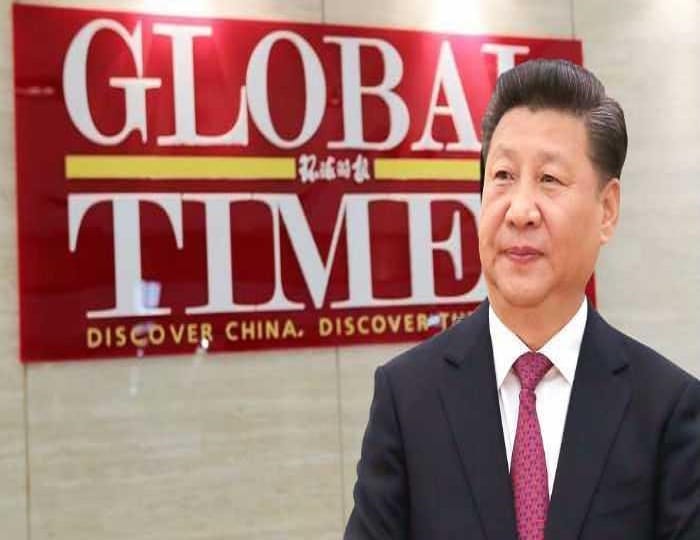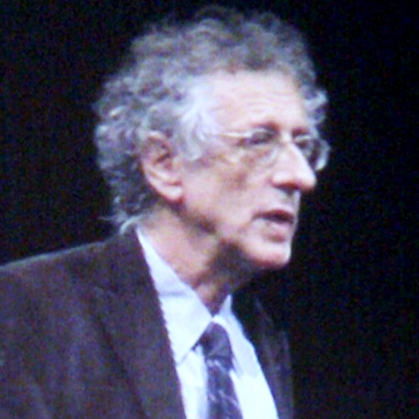GSU president gives interview to Chinese newspaper accusing the Council of “targeting China”
Editor-in-Chief Calum Drysdale reports on controversial GSU President Zixiao Wang's interview with Chinese state media

Zixiao Wang, the GSU president who dramatically resigned from the Union Council in protest over a paper that asserted that “Huawei is a company directly implicated in human rights violations and genocide” and that “Huawei are developing and using technology that is being to facilitate the genocide and ethnic cleansing of the Uyghur minority” has given an interview to Chinese media.
The interview was published yesterday by state-run Chinese newspaper Global Times and news website Sina news and can be read here.
Wang claimed that he and two other Chinese council members were the only ones who voted against the paper. He also strongly opposed the “pan-politicisation” of student bodies. He argued that Imperial had a responsibility to not divide students and staff members from different cultural backgrounds by allowing discussion of controversial political topics.
Wang has claimed that the Union Council vote relied on “fake news”, while ignoring clarifications from the Chinese media and voices of “large number” of Chinese students in the College. Global Times claimed the same “fake news” led to the BBC being banned in China.
Wang questioned the motives of the paper’s proposers asking why Council members never opposed Boeing and Rolls Royce’s cooperation with Imperial. He argued the only explanation is that the proposal is “targeting China” and that when he raised this matter in the council meeting other student representatives were unable to give a direct answer. However, as Felix has previously reported a number of students did reply to this point, answering that they were similarly dissatisfied with Imperial’s collaboration with these defence industry companies. Wang was, furthermore accused of hypocrisy for only raising these companies when trying to oppose the Huawei paper having made no previous effort to oppose their funding of Imperial research.
The Global Times also brought up the Felix article “Why is China killing me” published during Hong Kong protests and written by an anonymous Hong Kong Imperial student claiming that it was evidence of “a lot of prejudice and wrong perceptions of China because of misunderstandings”. The Global Times article goes on to claim that Felix had done no verification of the “groundless accusations” against China.
He made clear how he believed that the opposition to Huawei was due to the influence of BBC and “foreign media”, which gave many students a prejudiced and incorrect, rather than impartial, understanding of China. He claims to have been “singled-out” by foreign students blaming calls for his resignation from his GSU Presidency on his Chinese nationality. According to the article he expressed that he’ll not give up his position as GSU president over this “foolish” proposal, citing his wide support from graduate students at Imperial who he claimed supported his stance. He attributed the passing of the proposal to the lack of participation from Chinese students and encouraged more Chinese students to express their opinions in order to prevent the “unimpeded” flow of “proposals such as "against Huawei".
When asked to comment Zixiao said that he felt that his words had been misrepresented by Global Times and that "as a Chinese student studying in UK for 7 years, one of my objectives is to contribute to build a great friendship between the people from China and UK, to improve mutual understanding and eliminate misunderstanding and prejudice. Personally, I am very happy to see the research cooperation between Imperial and China, and as a Chinese oversea student at Imperial, I am also proud of that."








